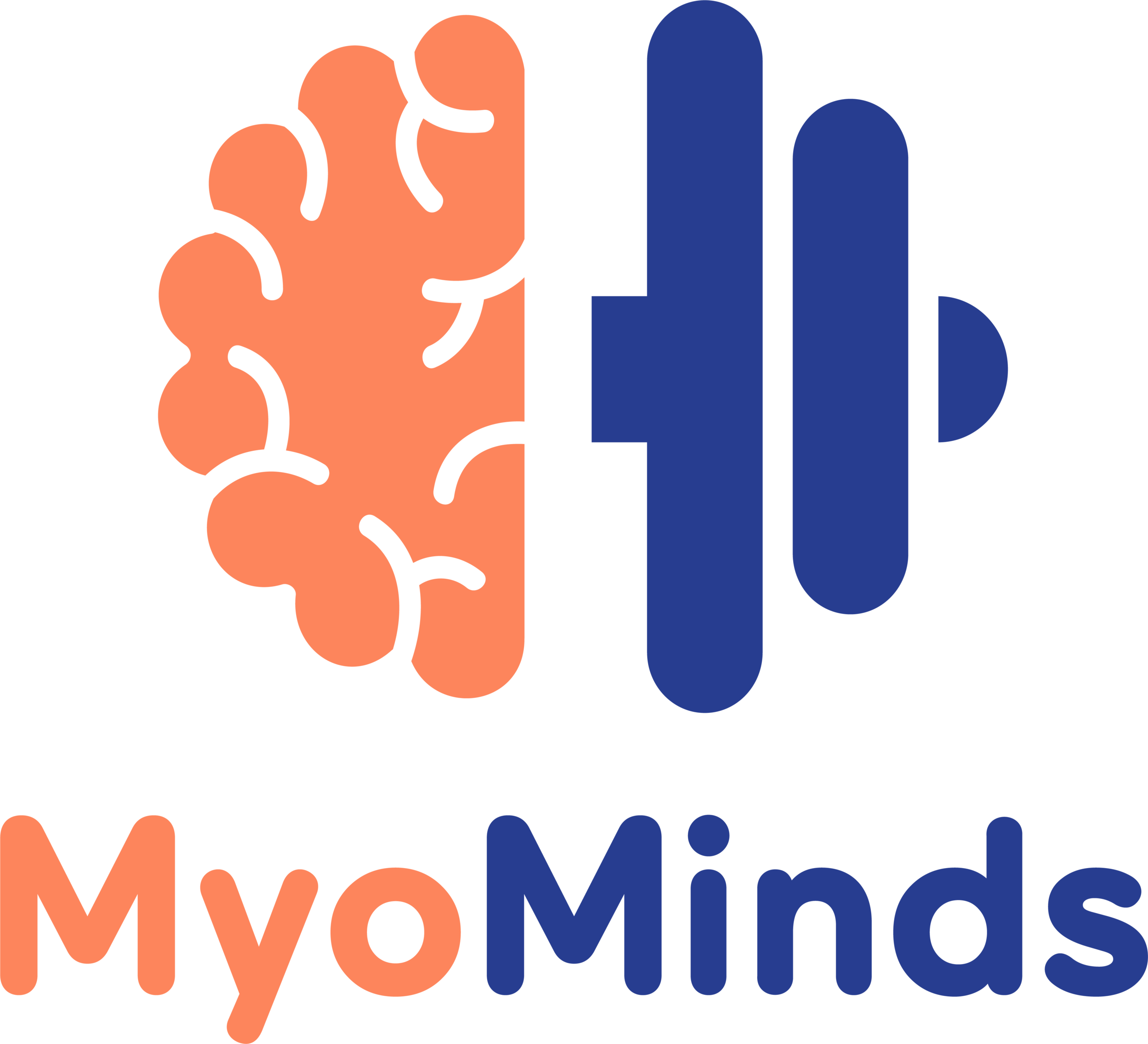Anisha’s Story
ABOUT ME
My name is Anisha and I wear many hats. By day I work as a Service Manager and Mental Health Employment Advisor within the NHS. By night I’m an Inclusive Dance and Zumba Instructor. And in my spare time, I’m a mental health, chronic illness and disability advocate. I’ve always been active. I played hockey from when I could walk and my ambition was to play internationally. Unfortunately, I was unable to fulfil this ambition. But hockey, dance and other activities continued to play a key role in my life.
MY MENTAL HEALTH
I was diagnosed with a chronic illness, ulcerative colitis (UC) in 2008 at the age of 24. UC is an auto-immune condition where my immune system attacks my bowels. My symptoms include blood loss, diarrhoea, bowel urgency, pain and fatigue. Flare ups cause me to lose weight and medications have caused me to gain weight. Eating would result in physical pain during a flare. My relationship with my body and with food changed over the years.
I was also the victim of a high-speed car accident in 2011. I suffered with Post-Traumatic Stress Disorder, depression and anxiety. My symptoms included nightmares, a lack of concentration and motivation, hypervigilance and a lack of energy, amongst others. I also had physical injuries and was in constant pain. My recovery took years.
HOW PHYSICAL ACTIVITY SUPPORTED MY MENTAL HEALTH
Sport has always played a key role in maintaining my mental health. Playing hockey was an outlet for dealing with the stress and anxiety of exams when I was studying. It continued to be so when I entered the world of work and began my career.
Unfortunately I had to give up playing hockey for a time. I was finding it hard to control my UC symptoms. Exercising was a real challenge. I was struggling to find something that worked for me and my symptoms which could be a new stress relief. My mental health was declining and I was struggling to come to terms with the effect UC was having on my body and mind.
Some of the toughest years of my life were living with the physical injuries and mental health issues from the car accident whilst also managing my UC symptoms. I desperately needed to find a new stress relief that would work for me. This is where dance played a key role in my recovery, along with various psychological therapies. It helped pull me through the darkest times of times. I began to feel part of a community again as I connected with others. My motivation, concentration and energy levels improved. I began building my physical and mental resilience again.
My personal challenges and love of music and dance are what led me to becoming an Inclusive Dance and Zumba instructor. I wanted to provide a safe space for all, including those with disabilities, long-term conditions and mental health issues to enjoy the physical and mental benefits of dance. It’s also provided a space to have an open dialogue about the issues we’re facing. We share our personal challenges with each other. That in itself, has been truly powerful.
WHAT I WISH I HAD KNOWN BEFORE MY MENTAL HEALTH STRUGGLES
1. That my mental health issues weren’t my fault, a defect in my personality or because I wasn’t working ‘hard enough’ in therapy.
2. It was ok to feel the emotions I was feeling – the good, the bad and the ugly!
3. I wish I’d had a greater understanding of mental health issues and had been taught about these at school, university and in the workplace.
MY ADVICE IF YOU’RE STRUGGLING WITH MENTAL HEALTH ISSUES
It’s about finding what works for you. This can change over time depending on your goals and motivation for being physically active. It’s a dynamic process. You will need to adapt and think outside of the box.
There is mental health support out there and seek professional support if you’re struggling. Going to see a mental health professional if you’re anxious, depressed or overwhelmed should be as normal as going to the doctor or physiotherapist when you’re physically injured or unwell.
THE LAST WORD
We’re encouraged to be physically active to look after our bodies. We need to take the same care of our minds. So let’s stand up, reach out, listen and support one another. Together we can build a more open, mentally healthy and physically active community. We can do this.



